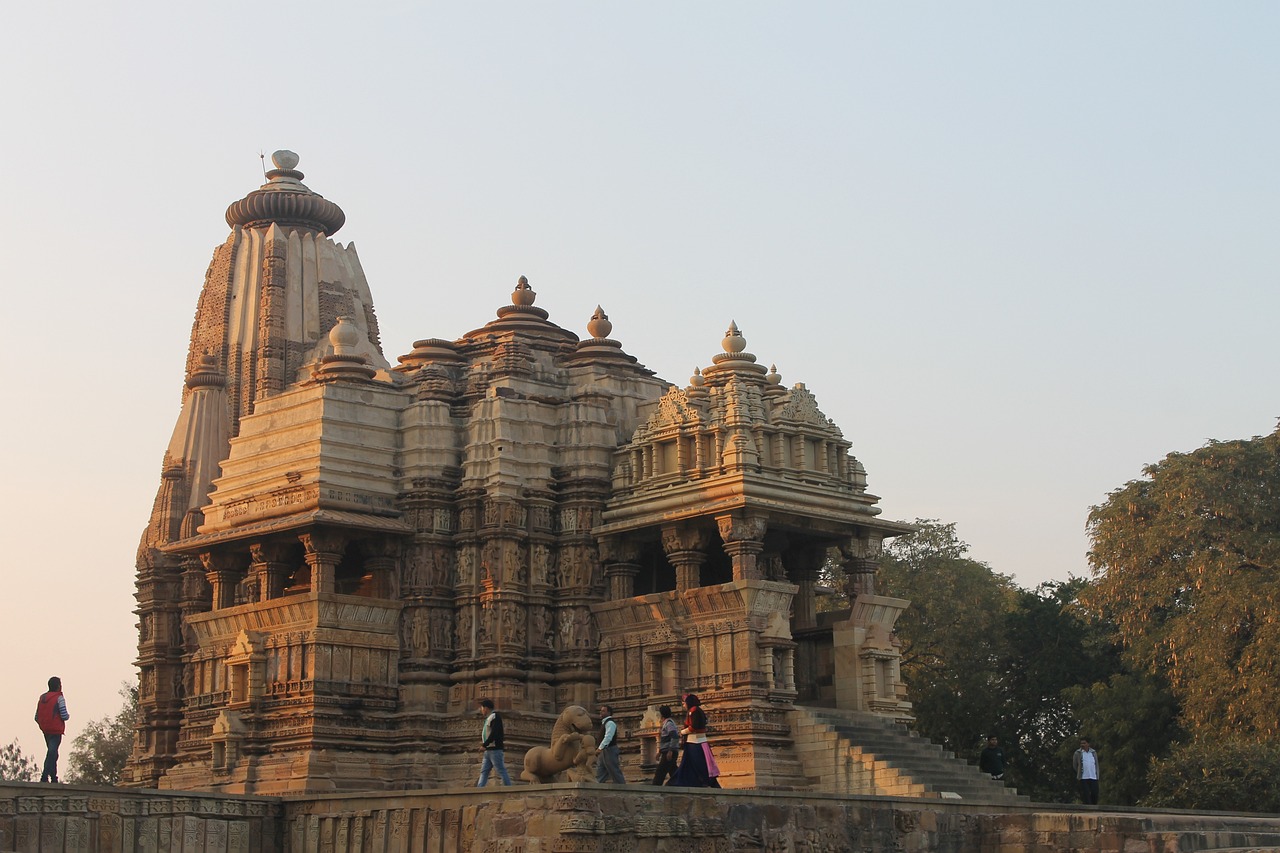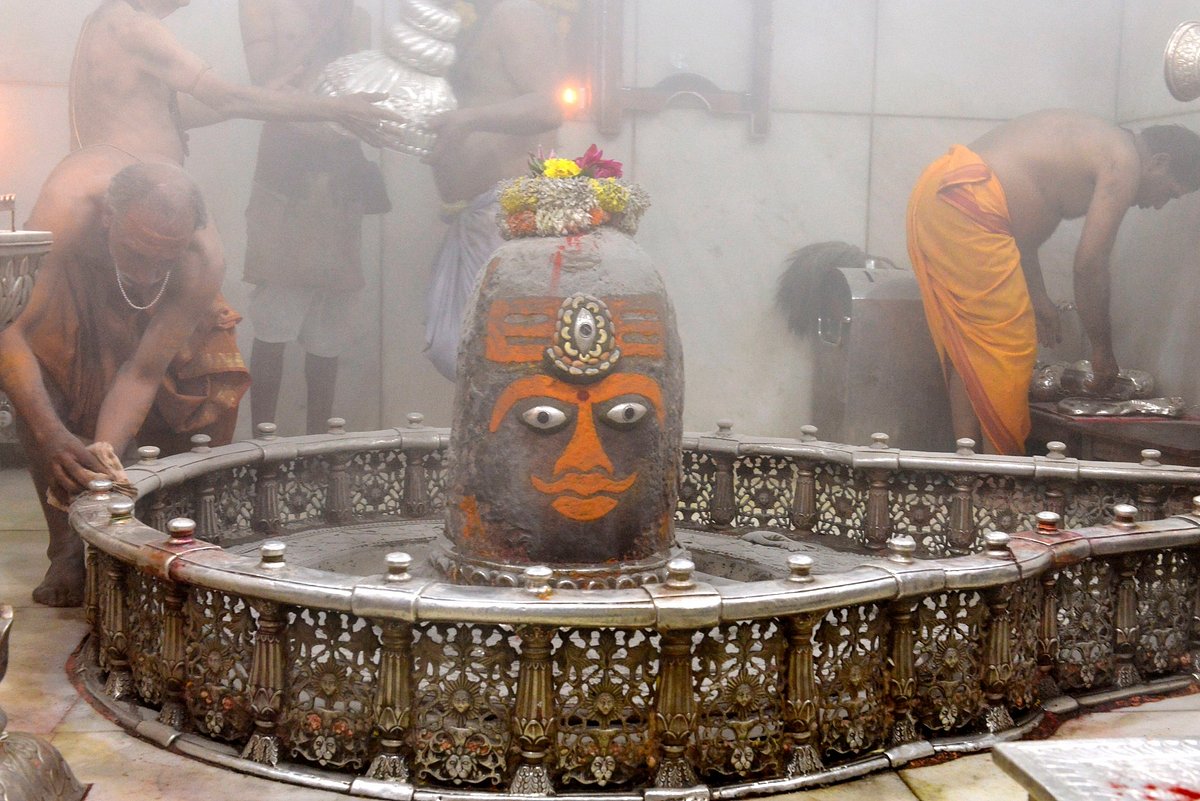Quick Bits:
Ujjain, one of India’s oldest cities, is a place of spirituality, history, and vibrant cultural heritage. Located in the state of Madhya Pradesh, Ujjain is famous for its grand temples, ancient monuments, and the revered Kumbh Mela, which attracts millions of pilgrims from around the world. Rich in mythological significance, this city is often referred to as the “City of Temples” and has been a pivotal center for Hindu worship for centuries. With the holy river Shipra flowing through it, Ujjain continues to captivate travelers seeking peace, spirituality, and a journey back in time.
Key Highlights
- Spiritual Hub: Renowned for Mahakaleshwar Jyotirlinga, one of the twelve jyotirlingas of Shiva in India.
- Historical Significance: An ancient city with links to Hindu epics and Mauryan and Gupta empires.
- Kumbh Mela: Hosts one of the world’s largest religious gatherings every 12 years.
- Rich Culture: Known for its colorful festivals, folk arts, and traditional cuisines.
- Accessible Climate: Pleasant winters and a warm monsoon season make it ideal for visitors year-round.
General Information
Ujjain has a long-standing historical and religious importance, dating back to the Mahabharata period. As part of the ancient Malwa region, it has seen the rule of prominent empires and has been an epicenter for astrology, philosophy, and Hinduism. Ujjain holds a prestigious place in Hindu mythology, particularly in the Shaivite tradition. Its most famous landmark, the Mahakaleshwar Temple, is dedicated to Lord Shiva, a prime deity in Hinduism, and draws millions of devotees annually.
The city’s streets are adorned with temples, ghats, and historical sites, each with its own unique charm and story. Walking through Ujjain feels like stepping back in time, with sights and sounds that reflect centuries of faith, celebration, and traditional life.
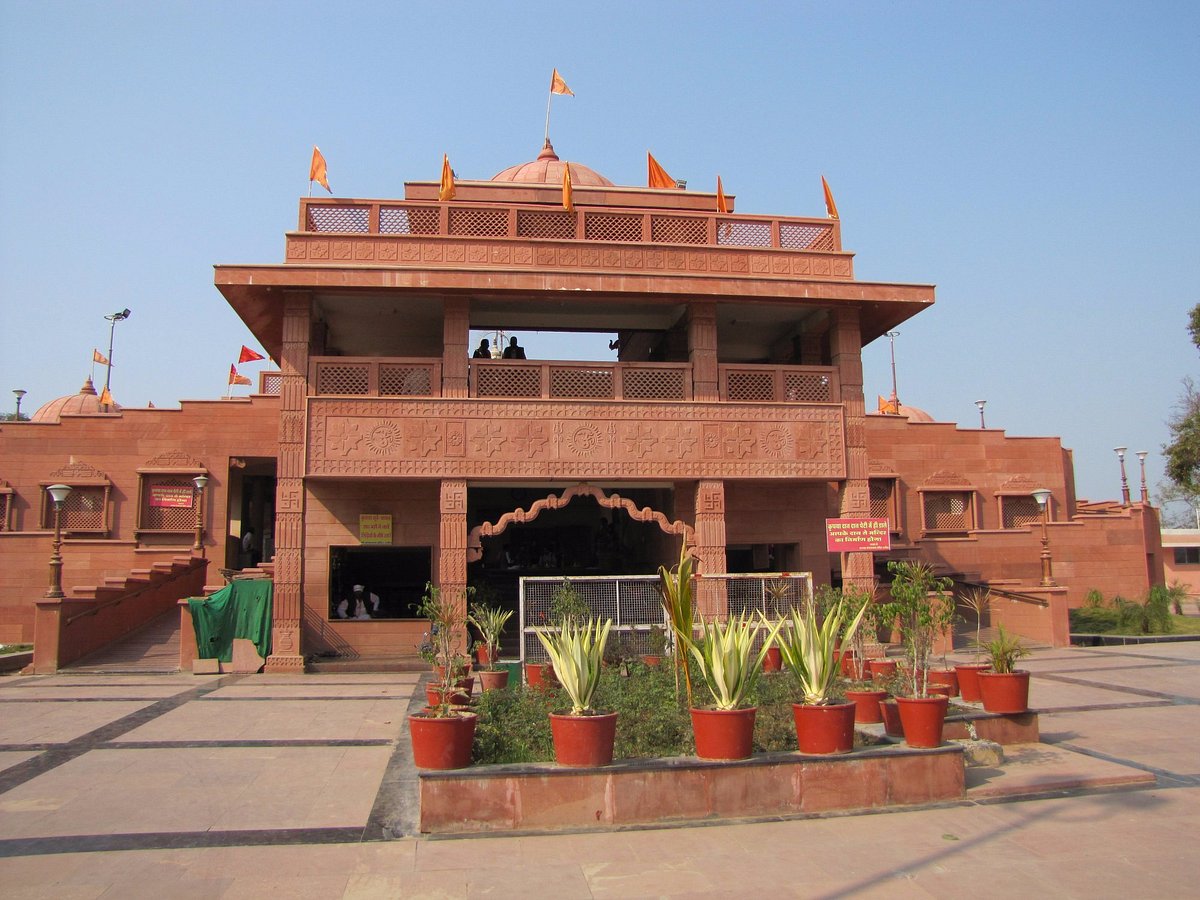
Geography Information
Ujjain is located on the banks of the river Shipra in Madhya Pradesh, central India. The city is about 55 kilometers from Indore, the largest city in Madhya Pradesh, making it easily accessible by road and rail. The landscape is mostly flat, with gentle undulations. The holy river Shipra, which flows through the city, adds a spiritual charm to its geography and is central to many of the city’s religious practices, including the sacred bathing ritual during the Kumbh Mela.
Ujjain’s geographical location also makes it a popular site for astronomical observations. The city was once the center of Indian astronomy, and remnants of ancient observatories and astrological tools can still be found here. The geographical and astronomical significance of Ujjain is another aspect that sets it apart from other spiritual cities in India.
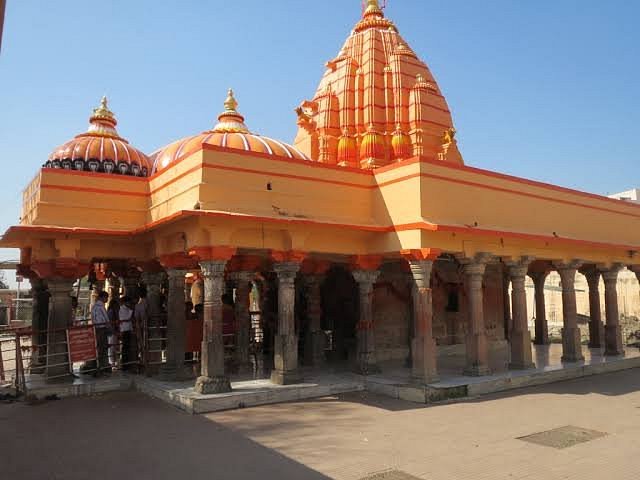
Places to Visit
1. Mahakaleshwar Temple: One of the twelve jyotirlingas dedicated to Lord Shiva, this temple is the heart of Ujjain. The temple’s intricate architecture and spiritual aura attract thousands of devotees daily. The famous Bhasma Aarti, a unique ritual performed with sacred ash, is an experience that leaves a lasting impression.
2. Kal Bhairav Temple: This temple is dedicated to Kal Bhairav, a fierce form of Lord Shiva. Known for its unique offerings of alcohol to the deity, it attracts both devotees and curious visitors.
3. Ram Ghat: Located on the banks of the Shipra river, Ram Ghat is one of the most important ghats in Ujjain. The evening aarti (prayer ceremony) at Ram Ghat is a mesmerizing sight, with lamps floating on the river and hymns filling the air.
4. Jantar Mantar: Built in the 17th century by Maharaja Jai Singh II, this observatory is an architectural marvel that reflects the city’s astronomical heritage. The instruments here are used for measuring time, predicting eclipses, and observing celestial events.
5. Harsiddhi Temple: This ancient temple dedicated to Goddess Harsiddhi holds a unique place among Ujjain’s religious sites. The temple is adorned with striking oil lamps, especially during festivals, making it a significant cultural and spiritual attraction.
6. Kaliadeh Palace: Located on the banks of the Shipra river, this palace was a summer retreat for the local rulers and is known for its Persian-style architecture and tranquil environment.
7. Vikram University and the Vikram Kirti Mandir Museum: Named after the legendary King Vikramaditya, the museum showcases artifacts, scriptures, and works that reflect Ujjain’s rich history and contributions to science and the arts.
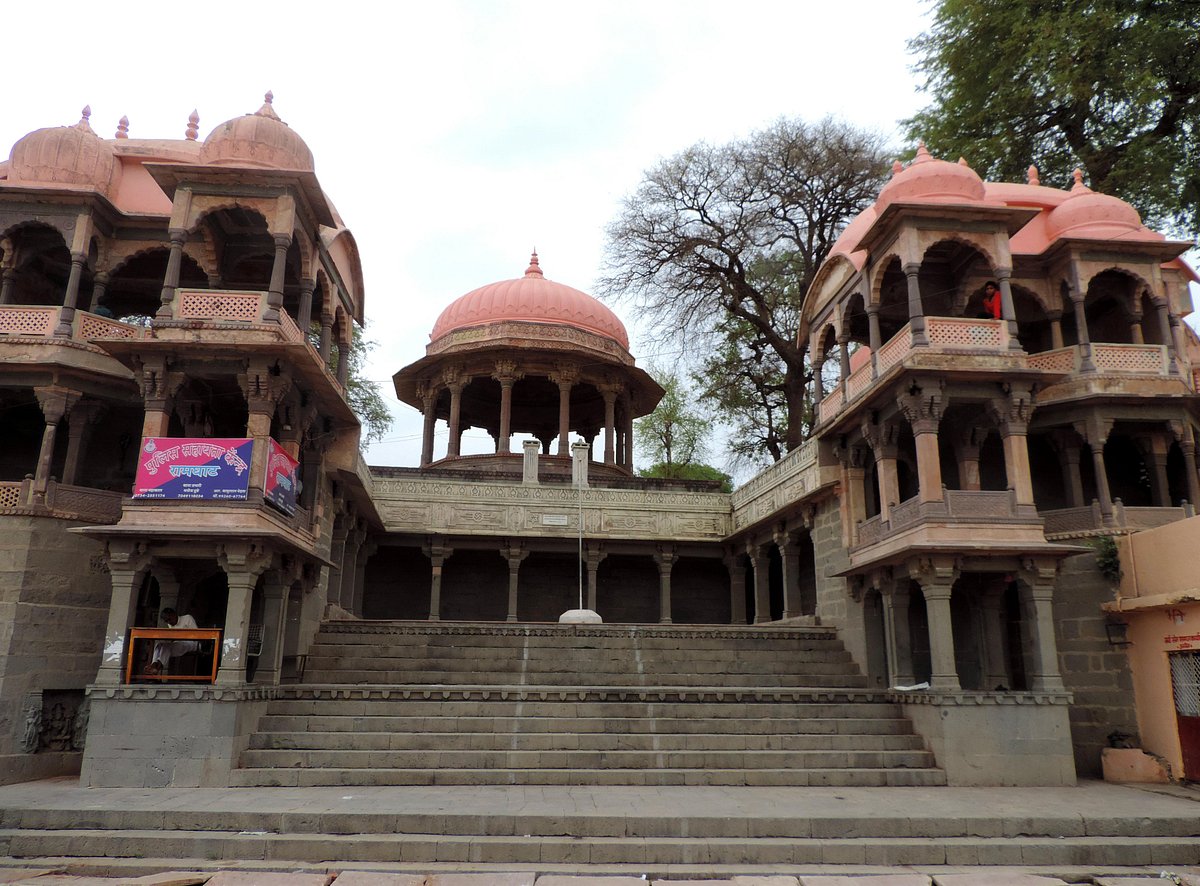
Yearly Climate
-
Summer (March to June): Summers in Ujjain are warm, with temperatures ranging from 30°C to 42°C. The city experiences hot and dry conditions, making it less ideal for tourism. However, early mornings and evenings can be pleasant.
-
Monsoon (July to September): Monsoon brings moderate to heavy rainfall, refreshing the city’s landscape. The temperatures drop slightly, ranging between 24°C and 30°C, making the city lush and vibrant.
-
Winter (October to February): Winter is the most favorable season for visiting Ujjain. Temperatures hover between 10°C and 20°C, offering a cool and comfortable climate. This period is ideal for temple visits, sightseeing, and outdoor activities.
Best Time of Year to Visit
The best time to visit Ujjain is between October and March. The cool winter months provide a pleasant atmosphere for exploring the city’s temples, ghats, and other attractions. This period also coincides with several major Hindu festivals, including Diwali and Mahashivaratri, which are celebrated with grandeur in Ujjain. For those looking to attend the Kumbh Mela, which occurs every twelve years, it’s worth planning a trip accordingly, as this event offers a unique spiritual experience and draws millions of visitors from across the globe.

In Summary…
Ujjain is a city that holds timeless appeal, combining spirituality, historical significance, and cultural vibrancy. From the revered Mahakaleshwar Temple to the mystical Jantar Mantar observatory, every corner of this city tells a story rooted in faith and tradition. Visitors to Ujjain can immerse themselves in its peaceful temples, lively festivals, and scenic riverside views. Whether one is on a pilgrimage or exploring its rich heritage, Ujjain offers a memorable experience that leaves a deep impact.

